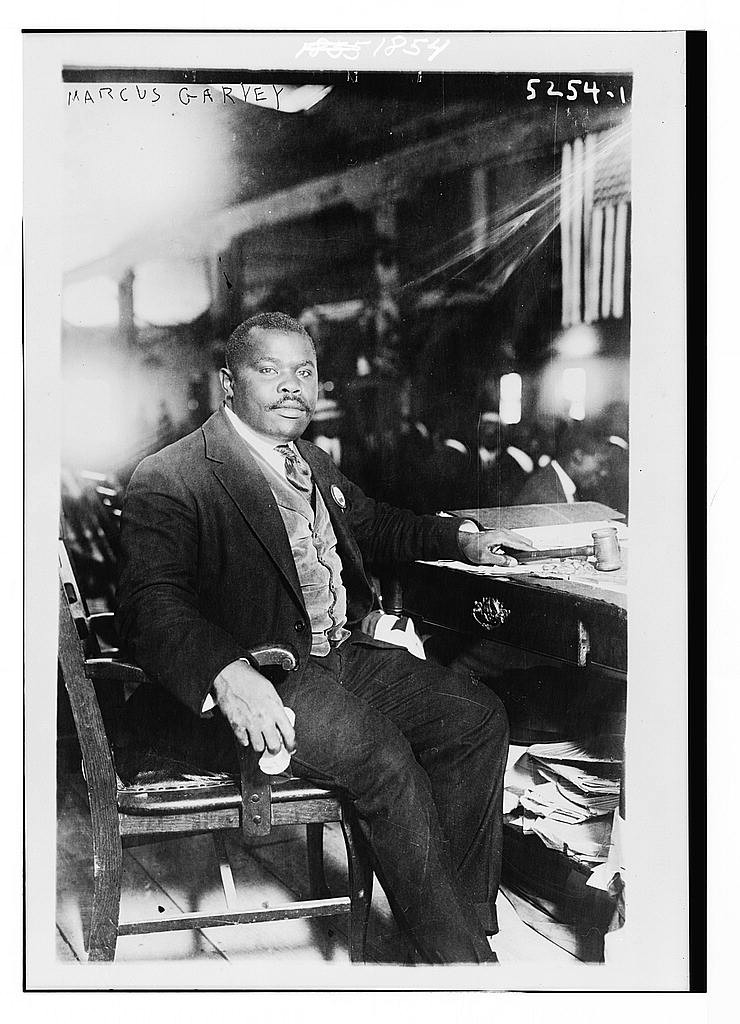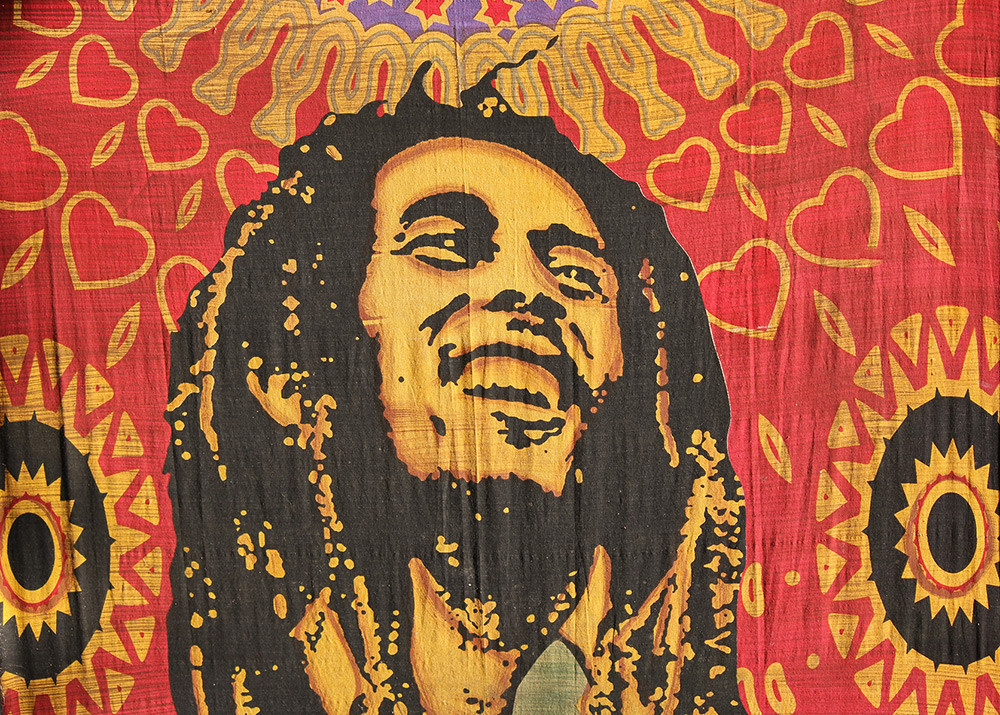Bob Marley’s “Redemption Song” is more than just a song; it’s an enduring anthem of hope, resilience, and the fight for freedom. Released on his final album, Uprising, this powerful acoustic track resonates deeply with listeners worldwide due to its raw emotion and potent message. To truly understand the profound impact of “Redemption Song Lyrics,” it’s essential to explore their roots in the philosophy of Marcus Garvey, a pivotal figure in Black history and a significant influence on Marley’s worldview.
 Bob Marley
Bob Marley
Marcus Garvey: The Architect of Black Pride and Mental Emancipation
Marcus Garvey, a Jamaican-born civil rights leader active in the early 20th century, was a staunch advocate for Black nationalism and pride. He championed the idea of Black self-reliance and unity, urging the African diaspora to connect with their heritage and take pride in their identity. Garvey founded the Universal Negro Improvement Association (UNIA) in 1914, which rapidly grew into a global movement with halls established across the world, including Canada. His philosophy centered on the concept of mental emancipation, arguing that true freedom extended beyond physical liberation and required individuals to break free from mental chains imposed by societal oppression.
 Marcus Garvey
Marcus Garvey
Garvey’s influence extended beyond political activism. His followers, particularly in Jamaica, saw deep significance in the 1930 coronation of Ras Tafari as Emperor Haile Selassie I of Ethiopia. Interpreting Garvey’s 1916 prophecy of a “Black king” as being fulfilled, they formed the Rastafarian movement, viewing Haile Selassie as the reincarnation of Christ. This spiritual and cultural movement deeply resonated with Bob Marley, who later embraced Rastafarianism and incorporated Garvey’s teachings into his music and life. Even the iconic phrase “One love,” frequently associated with Marley, has roots in Garvey’s speeches, highlighting the pervasive influence of Garvey’s ideology.
Bob Marley, Rastafarianism, and the Birth of “Redemption Song”
Born in the same Jamaican region as Garvey in 1945, Bob Marley’s journey from poverty to international music icon was intertwined with his embrace of Rastafarianism in the 1960s. Garvey’s philosophy of Black pride and self-determination profoundly shaped Marley’s artistic vision and message. This influence is undeniable in “Redemption Song,” written during a particularly challenging period in Marley’s life. Diagnosed with cancer in 1977, while working on what would become his final album, Uprising, Marley penned this poignant track. “Redemption Song lyrics” speak directly to the struggle for liberation, both physical and mental, echoing Garvey’s core message of emancipation from mental slavery.
 Bob Marley
Bob Marley
The most iconic lines of “Redemption Song lyrics,” “Emancipate yourselves from mental slavery, None but ourselves can free our minds,” are directly inspired by a speech delivered by Marcus Garvey in Sydney, Nova Scotia, in 1937. While it’s speculated that Marley may have encountered this speech through Black Man magazine, a publication edited by Garvey, or through general discussions of Garvey’s teachings within Rastafarian circles, the connection is irrefutable. Marley transformed Garvey’s powerful words into the heart of “Redemption Song,” solidifying its status as an anthem of mental and spiritual freedom.
Garvey’s Enduring Message: The Sydney Speech and its Resonance
To understand the depth of “Redemption Song lyrics,” examining the context of Garvey’s Sydney speech is crucial. The early 20th century saw the establishment of UNIA chapters in Nova Scotia, driven by Caribbean migrants working in Cape Breton’s industries. In 1937, despite the decline of his movement and his deportation from the United States, Garvey embarked on a final speaking tour, accepting an invitation from Cape Breton UNIA members to visit Nova Scotia.
During his visit, Garvey addressed a packed Menelik Hall in Sydney on October 1st. He spoke of Black history, pride, and self-reliance to the Canadian audience. Towards the end of his speech, he delivered the lines that would later become immortalized in “Redemption Song lyrics”:
We are going to emancipate ourselves from mental slavery because whilst others might free the body, none but ourselves can free the mind. Mind is your only ruler, sovereign. The man who is not able to develop and use his mind is bound to be the slave of the other man, who uses his mind, because man is related to man under all circumstances for good or ill. If man is not able to protect himself from the other man, he should use his mind to good advantage.
These words encapsulate Garvey’s central tenet: true liberation begins with the mind. “Redemption Song lyrics” carry this torch, urging listeners to actively participate in their own mental emancipation. Even decades after Garvey’s speech and Marley’s song, the message remains profoundly relevant.
Conclusion: “Redemption Song” – A Legacy of Mental Freedom
“Redemption Song lyrics” are not merely words set to music; they are a powerful distillation of Marcus Garvey’s philosophy, passed down through Bob Marley’s artistry to inspire generations. The song’s enduring appeal lies in its simple yet profound message of self-empowerment and the critical importance of mental freedom. By understanding the historical and philosophical context behind “Redemption Song lyrics,” we gain a deeper appreciation for its significance as a timeless call for individual and collective liberation. Marley’s masterpiece serves as a constant reminder of the ongoing need to “emancipate yourselves from mental slavery” and claim the freedom of the mind that Garvey so passionately advocated for.


